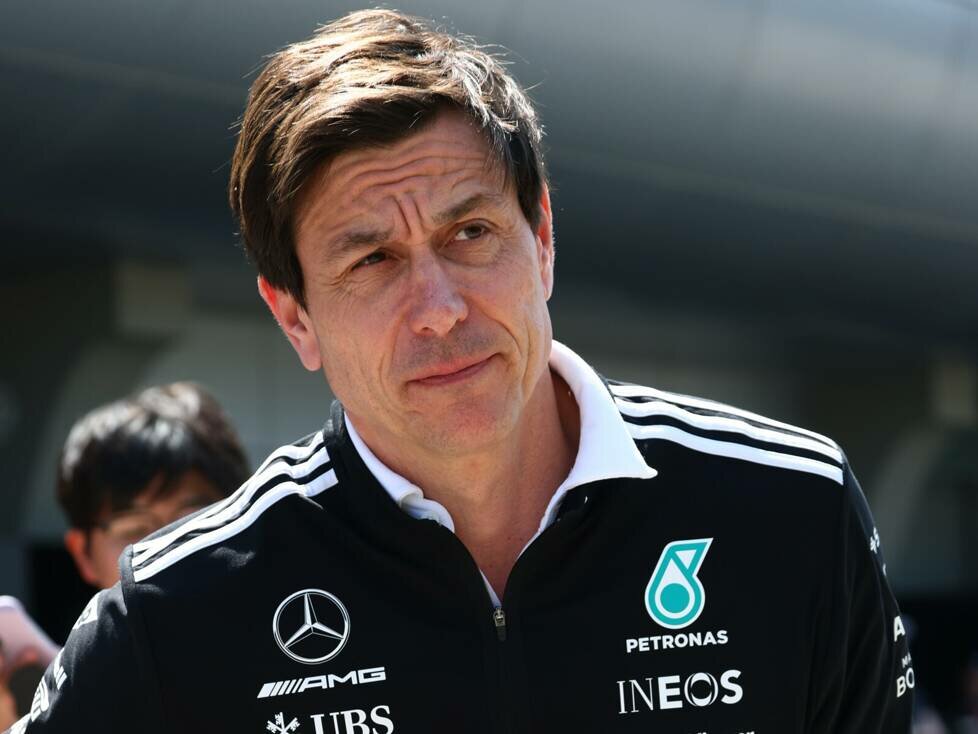Mercedes motorsport boss Toto Wolff thinks it’s right that Formula 1 is sticking to its plans for 2026 engines – but show is an important factor for engines
The V10 engine will not be returning to Formula 1 for the time being. That is the outcome of last weekend’s manufacturers’ summit in Bahrain. Instead, the engines that are already being developed for 2026 and are at an advanced stage will be retained. The FIA’s proposal to reintroduce V10 engines did not receive majority support.
Most of those involved therefore view the outcome of the meeting as positive: “I’m delighted to see that 2026 will go ahead as planned,” said Aston Martin team principal Andy Cowell, who was previously involved in the development of the engines as Mercedes’ head of powertrains.
For him, a change would have been a big risk anyway and a waste of energy and money with the upcoming regulations. “It’s great to see that we are continuing with an efficient engine with a high proportion of electrical energy from the battery,” he says.
Cowell emphasizes that the rules for 2026 were developed in collaboration with the manufacturers and ensured that Audi and Ford, among others, would enter Formula 1.
“Everyone is currently in the challenging phase of development under high time pressure. Components will fail, and performance will probably not reach the utopian goals that were hoped for,” he says.
“It’s a difficult phase right now, but I don’t think we should shy away from it. We should really acknowledge the changes that have been incorporated into the 2026 rules.”
Wolff: Show also an important factor
Mercedes motorsport boss Toto Wolff agrees: “I think we should press the pause button for now and wait to see how things go next year,” said the Austrian about possible new engine regulations.
“The engines are highly complex. Formula 1 engines with 50 percent electrification are an enormous challenge – but at the same time, if it works and takes off, we will be real pioneers in the automotive industry,” he emphasizes, but does not rule out that Formula 1 will eventually take a different path – but not before the end of the regulation cycle at the earliest.
“After that, we should look at what the next regulatory cycle could be – what kind of engines do we consider relevant for the road, that’s point one. Point two is: Which engines are best for the show?” said Wolff.
Incidentally, the latter is the decisive factor, even though many would think that relevance for the road is most important to manufacturers. “But the show carries the same weight in our decisions. So we are open to what might come,” he says.
Budget limits even stricter in the future?
One difficulty under the new regulations for Cowell is the initial development of a new power unit under a budget limit. “I think in everything we do, it’s good to keep costs under control or even reduce them,” he says, believing that this issue will receive even more attention in the future.
“I’m sure that when everyone starts talking about new rules again at some point – whether that will be in 2031 or earlier, who knows – there will be efforts to tighten the budget limit a little more and reduce supply prices,” says Cowell.
“But I also think it’s important that we continue to use sustainable fuels in an efficient engine and that there is a healthy degree of hybridization in the power unit.”





